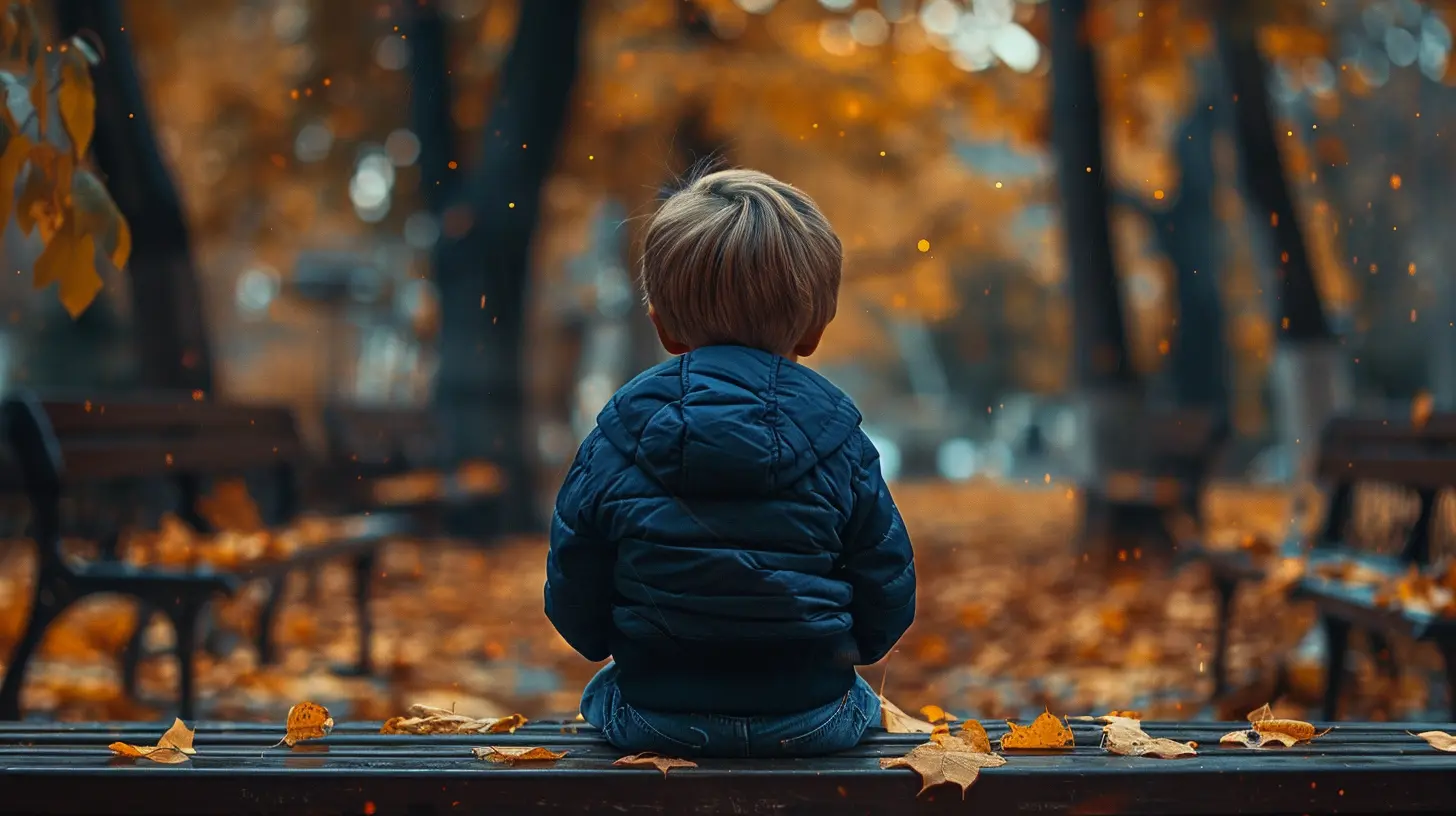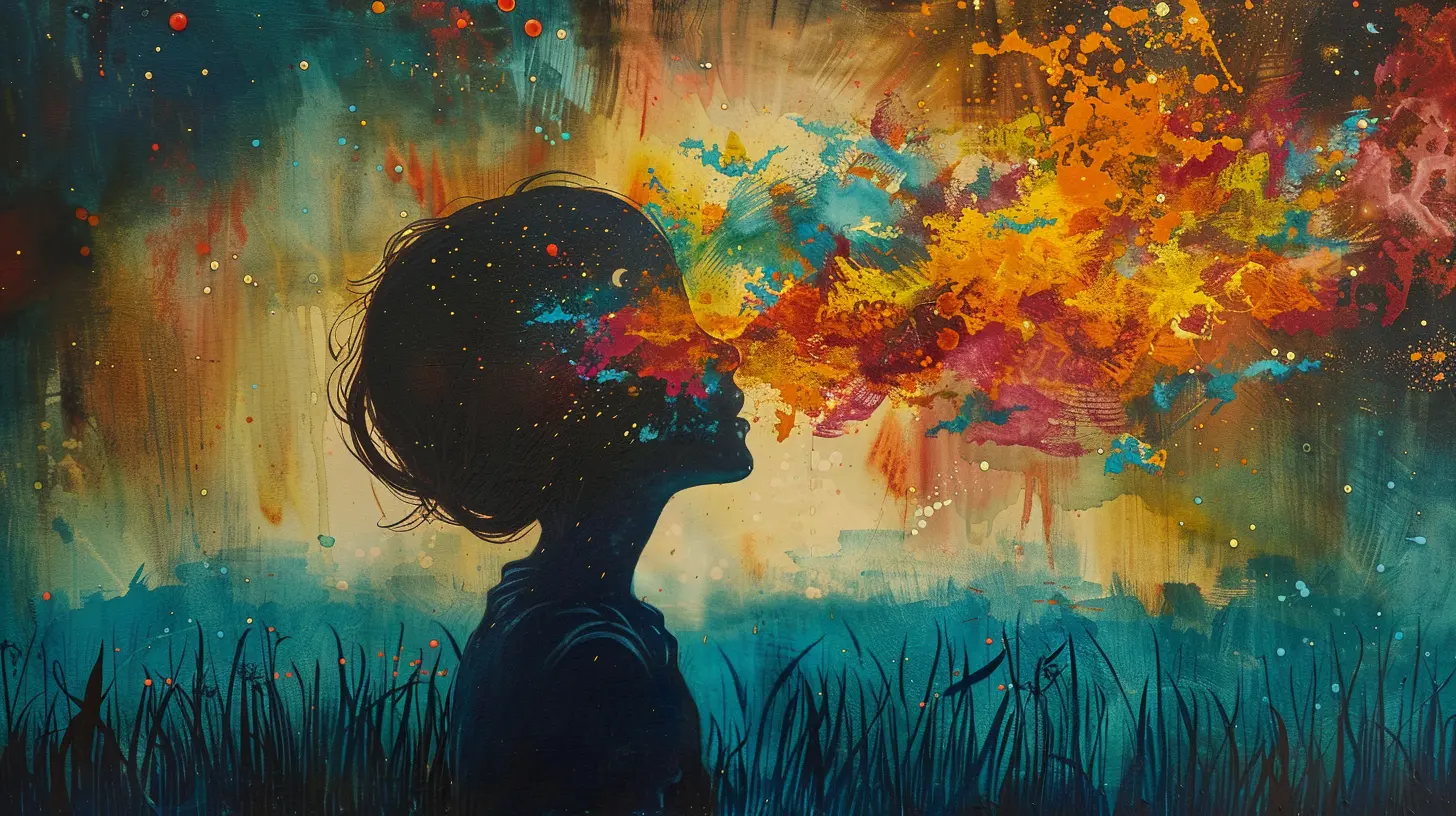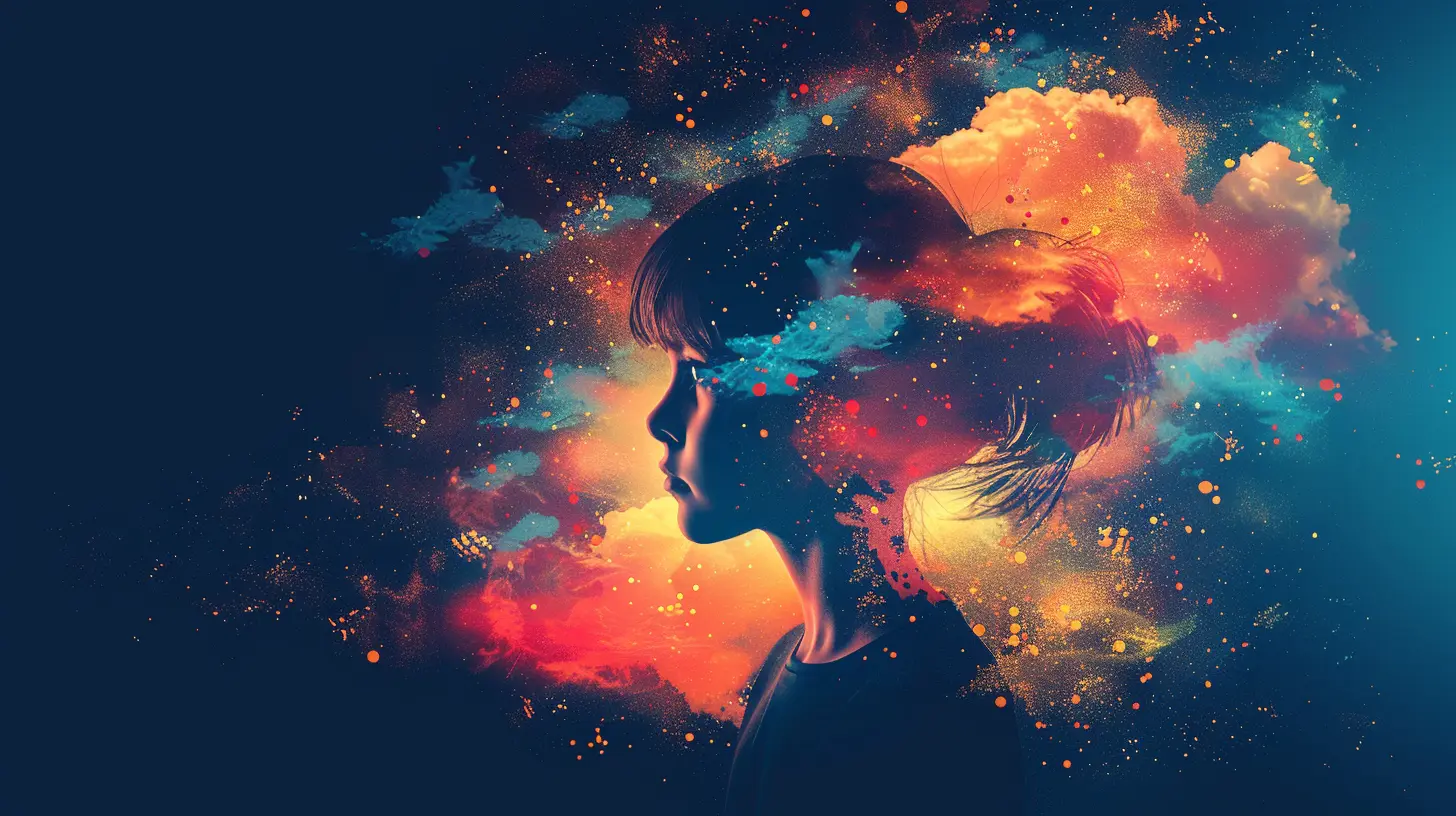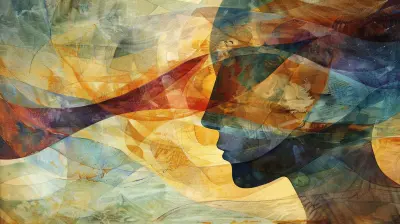Exploring the Impact of Childhood Experiences on Adult Behavior
22 May 2025
Childhood isn't just a phase—it's the foundation of who we become. The experiences we have as children shape the way we think, feel, and interact with the world as adults. Whether it's the way we handle relationships, our ability to trust, or our overall confidence, the past leaves a lasting mark.
But how deep does this impact go? And can we ever truly break free from the shadows of our childhood? Let's dive into the powerful connection between childhood experiences and adult behavior.
The Lasting Influence of Childhood on Adulthood
Think of childhood as wet cement. Every experience, good or bad, leaves an imprint that hardens over time. Some of these imprints serve as a strong foundation, while others create cracks that show up later in life.Psychologists agree that our early experiences can shape our personalities, coping mechanisms, and even mental health. But why do childhood memories hold such power over us? The answer lies in brain development, emotional imprinting, and learned behaviors.
How Childhood Experiences Shape Personality
1. Attachment and Relationships
The kind of love and care we receive as children plays a massive role in how we connect with others later in life. According to attachment theory, developed by John Bowlby, early relationships with caregivers determine how we form bonds with people as adults.- If you had secure attachment (consistent love and support), you're more likely to have healthy, trusting relationships.
- If you had insecure attachment (neglect, inconsistency, or trauma), you may struggle with trust, fear of abandonment, or emotional distance in adult relationships.
Ever wonder why some people crave constant reassurance while others push people away? It likely traces back to their first relationships—the ones formed in childhood.
2. Self-Esteem and Confidence
The way we were treated as children heavily influences how we see ourselves. Did your parents encourage you? Were you criticized often? Did they celebrate your successes or make you feel like you were never enough?When children are uplifted and supported, they develop high self-esteem. On the other hand, constant criticism, neglect, or comparison can lead to self-doubt and insecurity in adulthood.
If you struggle with self-worth today, take a moment to reflect: Is that inner critic truly your voice, or is it the echo of someone from your past?
3. Coping Mechanisms and Emotional Regulation
How did your family handle emotions? Were feelings openly discussed, or were they brushed under the rug? Children observe and mirror how adults react to stress, sadness, or anger.- If your home environment encouraged healthy emotional expression, you're more likely to handle stress effectively.
- If emotions were avoided or invalidated, you might struggle with emotional regulation as an adult—bottling things up or exploding at minor frustrations.
Understanding where your emotional habits come from is the first step to breaking cycles that no longer serve you.
Childhood Trauma and Its Long-Term Effects
Not all childhoods are filled with love and security. Unfortunately, many people face trauma—physical or emotional abuse, neglect, loss of a parent, or witnessing violence. These painful experiences can leave deep psychological scars that manifest in adulthood.Effects of Childhood Trauma:
- Anxiety and Depression: Many adults with unresolved childhood trauma struggle with chronic anxiety or depression.- Trust Issues: Childhood betrayal or neglect can make it difficult to trust others, leading to fear in relationships.
- Perfectionism or Overachievement: Some people cope with childhood insecurities by striving for constant approval and success.
- Addiction and Risky Behavior: Unresolved emotional pain can lead to unhealthy coping mechanisms like substance abuse.
If you recognize yourself in any of these patterns, know that you’re not alone. Healing is possible—but it starts with awareness.
Breaking Free: Can We Overcome Our Childhood Conditioning?
Absolutely! While childhood experiences shape us, they don't have to define us forever. With self-awareness, effort, and sometimes professional guidance, we can break free from negative patterns and build healthier ones.Steps Toward Healing and Growth
1. Self-Reflection
Understanding your past is the first step to changing your future. Ask yourself:- How did my childhood shape my thoughts and behaviors?
- What emotional wounds am I still carrying?
Journaling can be a powerful tool for uncovering hidden patterns and beliefs.
2. Therapy and Counseling
Sometimes, childhood wounds run deep, making professional therapy a crucial step. Therapists can help you process past trauma, reframe negative beliefs, and develop healthier coping strategies.3. Reparenting Yourself
Reparenting is the idea that you can give yourself what you didn’t receive as a child. If you lacked kindness, patience, or self-love growing up, practice giving it to yourself now. Speak to your inner child the way you wish you had been spoken to.4. Building Healthy Relationships
Surround yourself with people who uplift and support you. If you've struggled with trust, start with small steps—building connections with people who prove themselves to be safe and reliable.5. Mindfulness and Emotional Awareness
Pay attention to your triggers. When you overreact or shut down emotionally, ask yourself: Is this about the present, or is my past speaking? Learning to separate past wounds from present reality is a key to growth.Final Thoughts: Your Past Doesn’t Have to Define You
Yes, childhood experiences have a powerful impact—but they don’t have to dictate your adult life forever. While the imprints of the past may remain, you have the ability to reshape your story.Healing takes time, patience, and self-compassion. But with awareness and effort, you can break free from childhood conditioning and create a future that aligns with your true self.
So, the next time you catch yourself reacting in a certain way, pause. Ask yourself: Am I acting out of past pain, or am I choosing a new path? Because no matter where you came from, you have the power to shape where you're going.
all images in this post were generated using AI tools
Category:
PsychologyAuthor:

Eliana Burton
Discussion
rate this article
3 comments
Jane Henderson
This article thoughtfully examines the intricate relationship between childhood experiences and adult behavior. It highlights how both positive and negative experiences shape our emotional and social development. Acknowledging the influence of these early years is crucial for understanding adult behavior, offering valuable insights for personal growth and therapeutic practices.
June 16, 2025 at 4:34 AM

Eliana Burton
Thank you for your thoughtful comment! I'm glad you found the article highlights the importance of childhood experiences in shaping adult behavior. Your insights into personal growth and therapy are greatly appreciated!
Scarlett McCray
Childhood shapes adult behavior; patterns often persist remarkably.
May 28, 2025 at 4:28 AM

Eliana Burton
Thank you for your insightful comment! I completely agree—early experiences play a crucial role in shaping our adult behaviors and patterns.
Nolan McIntire
Childhood shapes us; understanding it can foster personal growth.
May 26, 2025 at 4:22 AM

Eliana Burton
Absolutely! Understanding our childhood experiences is key to personal growth, as they profoundly influence our thoughts, behaviors, and relationships in adulthood.



